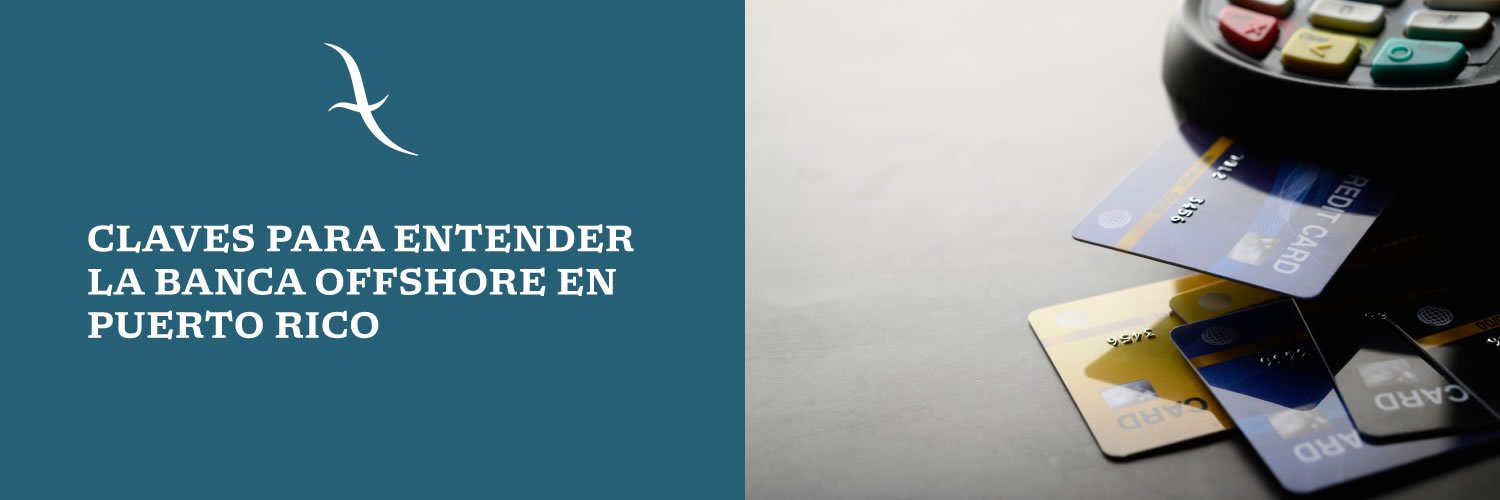Since 2012 we have observed the proliferation of International Banks in Puerto Rico, many of them of Venezuelan capital that are carrying out their fund raising activities in Venezuela. Now, what do we know about these banks, who are they? regulate offshore banksAre they banks supervised by the United States, Are they protected by the US Deposit Insurance, Can a foreign bank raise funds in Venezuela, Are they protected by the US Deposit Insurance, Can a foreign bank raise funds in Venezuela? In this article we are going to guide and inform you based on these questions.
Context of offshore banking in Puerto Rico
Through the "International Financial Center Regulatory Law"In order to offer their products to foreign clients and institutionalize the creation of offshore banking in Puerto Rico. In order to offer their products to foreign clients and institutionalize the creation of Offshore Banking in Puerto Rico. These banks are financial institutions based in countries that have strict regulations regarding privacy, political security and are free from traditional tax requirements. Although they are based in the United States (Puerto Rico is a Commonwealth), they do not share certain elements with traditional banks. Therefore, it should not be misunderstood that they are U.S. banks as we usually understand them.
In this case, offshore banks in Puerto Rico are not supervised by the Federal Reserve or the OCC (Office of the Comptroller of the Currency). Their supervision is local and carried out by the Office of the Commissioner of Financial Institutions (OCIF). Likewise, the deposits of these international banks are not supervised by the Federal Reserve or the OCC (Office of the Comptroller of the Currency). ARE NOT COVERED BY THE FEDERAL DEPOSIT INSURANCE CORPORATION (FDIC). Many people think that by having their money in Puerto Rico, their savings are immediately covered by the insurance provided by this U.S. institution. This is not so, since the only banks in Puerto Rico that have this guarantee are: Banco Popular de Puerto Rico, Banco Santander, FirstBank, Oriental Bank and Scotiabank.
On the other hand, since they are international banks, they cannot take deposits or carry out transactions with U.S. citizens. Except for a few exceptions previously authorized by the Office of the Commissioner of Financial Institutions. This is relevant because when an offshore bank has liquidity problems, the conduct of the supervisory body is much more tolerant than with those whose clients are its nationals.
Differences with a traditional offshore bank
We must remember that traditional offshore banks can only raise funds to invest them in securities, however, in the case of Puerto Rico, the International Financial Institutions Act allows these banks to grant loans, issue credit cards and perform a wide range of financial and Capital Markets operations. This makes them closer to a traditional bank, but it must be kept in mind that the risk is high in these banks. Because customer deposits depend, at least in part, on the repayment of loans granted by the Bank.
One of the most important differences of the offshore banks in Puerto Rico is that they were granted the possibility of opening an account as a client with the Federal Reserve Bank of New York. This gives them the ability to have an ABA number and therefore not depend on correspondent banks to process their transactions in the United States. This gives them great versatility and separates them from the traditional problems faced by Caribbean offshore banks. On the other hand, the Federal Reserve Bank of New York does not accredit international banks as members of the Federal Reserve System, and consequently, they are not regulated by the Federal Reserve.
Risk factors of offshore banks in Puerto Rico
In addition to the fact that supervision is exercised locally, deposits are not guaranteed by the FDIC, and part of the savers' money is being invested in commercial loans. Another factor to take into account is that in order to incorporate this type of banking entities in the country there is a capital requirement of at least $5,000,000. Although the shareholders only have to pay $250,000, at the time of applying for the license. This is very relevant, since it is evident that the capitalization of this type of institutions could be insufficient in view of the possibility of their insolvency.
On the other hand, according to the consolidated accounting of these institutions published by OCIF, there are cross accounts between these banks with other types of companies. In addition to this, the audited financial statements of these banks are not available to the public, so it is not known for sure if they have the capital backing for all their transactions. So there are many risks of liquidation and failure of these offshore banks that are not being evaluated by savers.
Can offshore banks in Puerto Rico raise funds in Venezuela?
Regarding the collection of savings in Venezuela, we refer to articles 7, 25, 26, 26, 27 and 28 of the Banking Sector Institutions Law, which expressly prohibit the collection of funds by foreign banks without due authorization. Therefore, those banks or persons who are carrying out this activity in Venezuela are doing so outside the law. And in the event of eventual claims against these entities, they will not be able to go to the ordinary justice in Venezuela against the bank in question. Therefore, they are understood as institutions that are not operating legally in the country, and consequently, they do not have a formal place of business in the country and are not subject to its jurisdiction.
So, are offshore banks in Puerto Rico safe?
From the perspective that offshore banks in Puerto Rico are subject to stricter control than in the Caribbean Islands and Panama, we could say that they are safer. However, it is crucial to understand that it is not a traditional North American bank, and from this perspective, it is subject to risk factors that must be understood, which we hope we have clarified.
Undoubtedly, having the possibility of remote opening from Venezuela (as several of them offer), having internationally accepted means of payment and being able to operate without the need of a correspondent bank, make them very versatile and attractive. But in our opinion, they are more advisable for cash flow management accounts than for systematic and long-term savings.
If you would like more information or need advice on this and other issues of criminal and commercial law, do not hesitate to contact us at contact us at. We also share with you our social networks so that you can keep updated on the legal topics that are in trend: Instagram, Facebook, Twitter y Linkedin.













